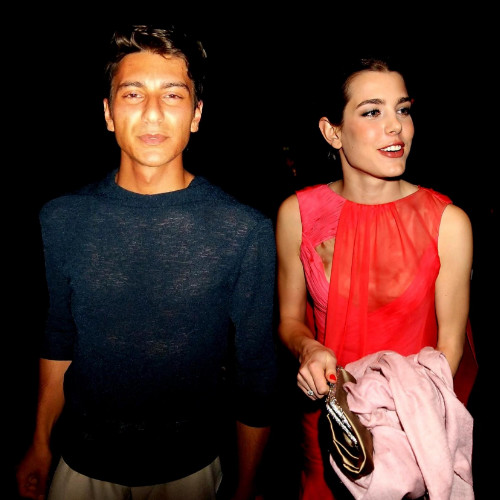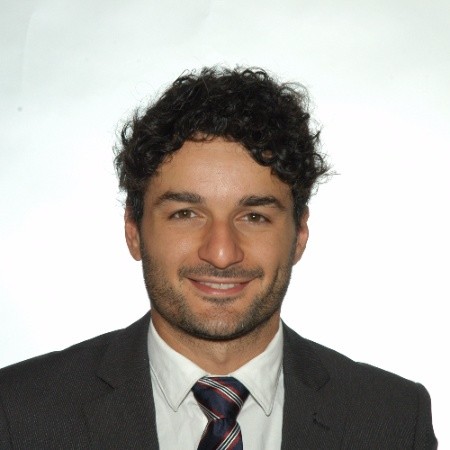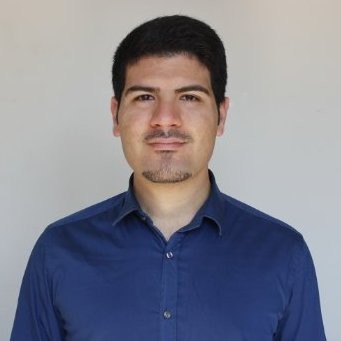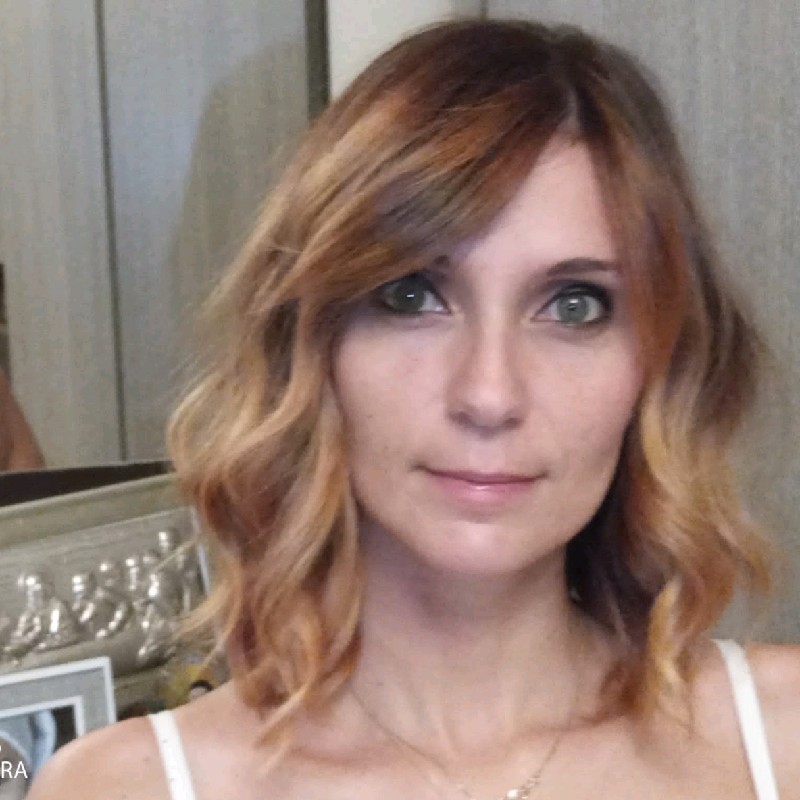Students can choose between two degree classes and two curricula of studies:
- U3 – class L-5 (Philosophy) and L-42 (History). Each class is organized into two curricula: “History of Philosophy and Ancient History” or “Medieval, Modern and Contemporary Philosophy and History”.
- Internships at institutions, companies, research and educational laboratories
- Study periods abroad
- V2 Skills applicable in contexts related to the enhancement of cultural heritage
Topics and focus
- Philosophy from an aesthetic, moral, historical, and theoretical perspective, covering the ancient, medieval, modern and contemporary periods;
- history: Greek, Roman, Byzantine, medieval, modern and contemporary, history of religions and of Africa;
- geography, Greek and Latin epigraphy, Italian, Latin and Greek literature, history of political doctrines, sociology, anthropology;
- foreign language: English, French, Spanish or German, based on students’ choice.
Teaching approaches
- Theoretical lessons
- Interdisciplinary approach
Students participate in a call for application. Admission requirements are listed in the call for application:
- early (March/May): recommended to secure a place; high school seniors may also participate, students are admitted through a selective test TOLC
- standard (July/August)
- postponed (September/October), if there are still places available
Only those admitted can enroll.
For the call for application consult the dedicated section
L05 Philosophy
L42 History
Course description
The interclass degree program in Philosophy and History offers a solid basic education in the philosophical and historical sciences that can be systematically and critically linked with all significant areas of contemporary culture and humanities. The program is divided into two curricula for each degree class, the first two years of the course include common subjects of fundamental and institutional educational nature. The third year implies a specialization linked to the different cultural and scientific domains of the selected degree class, that is either philosophical or historical.
Students from secondary schools (5-year course) and students with another qualification obtained abroad and recognized as suitable. Ideal candidates are students with an interest in humanities, with a particular inclination toward historical and philosophical disciplines.
The course develops knowledge, skills and critical tools to understand societies and the cultural, political, ethical and religious factors that have an impact on their evolution, providing undergraduates with the fundamental theoretical tools that can be upgrades through further studies.
Career opportunities include jobs in the traditional and multimedia publishing industry and in the protection and enhancement of historical, cultural, book and archival heritage; graduates can carry out organizational and managerial functions in museums, libraries, tourism sector, archives or general affairs.
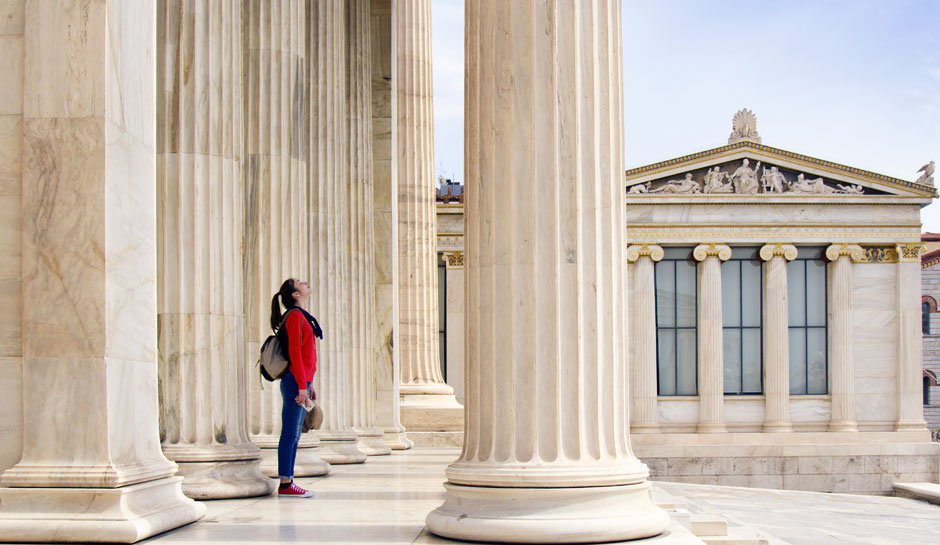
Fees, contributions and exemptions
Costs calculated based on family income (ISEE-University) and including:
- fee for the equal access to university studies (from 130€ to 160€);
- annual amount (from 0 (if ISEE-University <= € 22,000) to € 2,000);
Flat tax = €1,000 for international students (UE and non UE)
With a family income (ISEE-University < € 26,000) students are entitled to receive:
- Scholarship consisting of total exemption from taxes, cash share, canteen and accommodation service (for off-site students)
- Grants for international mobility
- Reduced rates for the use of sports facilities and cultural services
- Benefits for students completing their degrees within regulation time
Exclusively on grounds of merit, students can obtain:
- International mobility grants (Erasmus)
- Free accommodation and canteen services published in the call DUnicAL career program for student-athletes.
- Scholarships for non-EU students Facilitated access to STEM programs
- prizes for excellent students
- higher scholarships for female students
Discover the career of former students
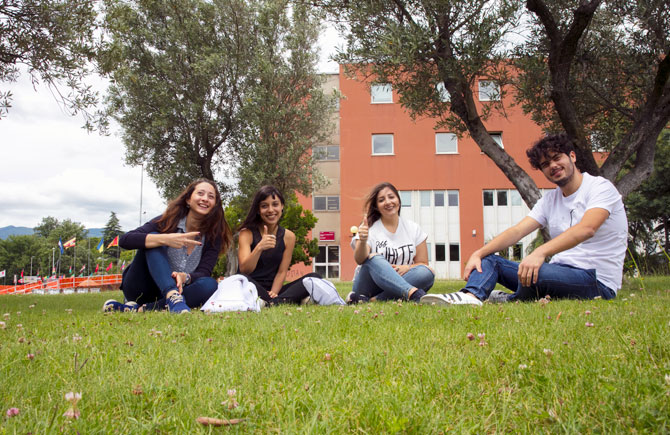
Life on Campus
In the largest and best equipped campus in Italy students will experience the sense of a unique university community, sharing educational, recreational, sporting and cultural events with fellow colleagues and professors. The Campus is equipped with lecture rooms, a sports center, theaters, amphitheaters, cinemas, cafes, refreshment areas and other places for socialization, thus offering an extraordinary human and educational experience.
Discover more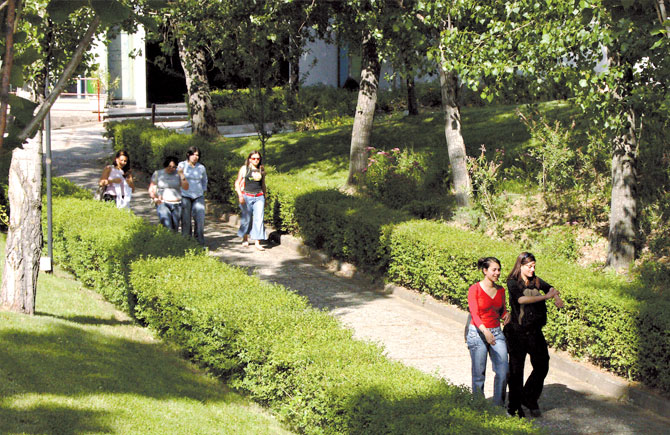
Services to Students
Unical is organized as an independent town that provides the best possible solutions of accommodation for students and staff living on campus, because it offers multiple services for study activities and for individual and collective well-being: libraries, the Language Learning Center, counselling and inclusion services. The Campus also includes a health center, a post office, a bank counter and a mindfulness dedicated area.
Discover more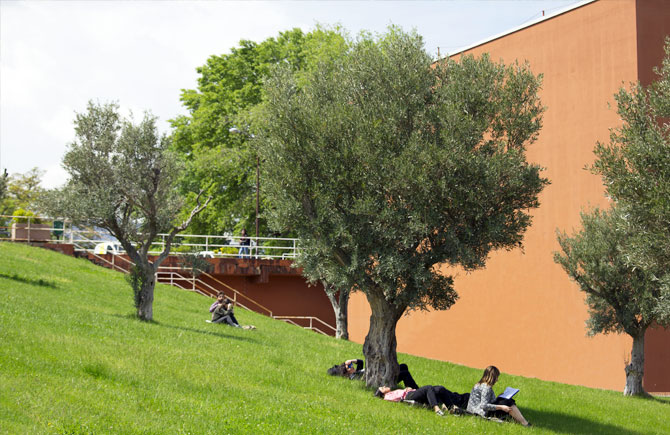
Residential Center
It complements and completes the services provided by the University of Calabria and has put into shape the idea of a British-American campus-style University. It encompasses 10 districts hosting the university residences, consisting of apartments with double and single rooms, living room, kitchen and toilets. In these districts there are common areas for study and recreational activities and sports, there are TV rooms, game rooms and gyms; launderettes and bike rental services are also available.
Discover moreRequest information for this course
If you want to know more about the Degree Course
For details on the contents of the individual courses, periods of training abroad, teachers, tutors, classrooms, laboratories, research centers, other structures and social initiatives visit the website of the Degree Course.
Go to the institutional website